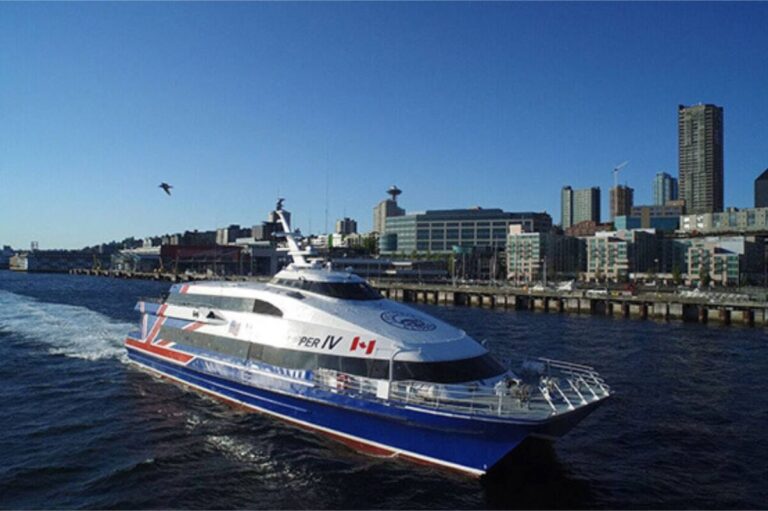Last week, the Public Service Alliance of Canada (PSAC), Canada’s largest public sector union, announced that more than 9,000 members working for the Canada Border Services Agency may go on strike ahead of the busy summer season.
According to Destination Greater Victoria (DGV), the region’s tourism industry is estimated to be worth $1.9 billion, with more than three million tourists visiting the region annually, many of them from overseas.
“We are hopeful that a solution can be found before any disruption occurs,” DGV CEO Paul Nursey said in a statement to Black Press. “Many of the transport companies serving Victoria are considered essential services and, in the event of a strike, we expect the impact to our business to be minimal due to our designation as an essential service.”
Between April and May, 96 percent of PSAC members voted in favor of striking, and the union expects the strike to begin in June, with mediation sessions scheduled to begin on June 3rd.
“We are committed to reaching a fair contract that protects workers and improves working conditions for our members,” PSAC president Chris Aylward said in a news release. “With the summer travel season fast approaching, we hope the Trudeau Liberal government will make these negotiations a top priority. The window of opportunity to avoid a strike is rapidly closing.”
FRS Clipper, which operates ferries and seaplanes between the United States and Victoria, said it was hoping for the best but had a plan in place in case Border Force agents struck.
“Our guests and their travel experience are always our top priority. We continue to monitor the situation and hope that a solution can be found. If the situation worsens, FRS Clipper will activate our contingency plans accordingly and communicate them to travelers and partners,” said Gordon Dark, CEO of FRS Clipper’s U.S. subsidiary.
Read more: Canada raises limits on Palestinian applications to visit relatives

